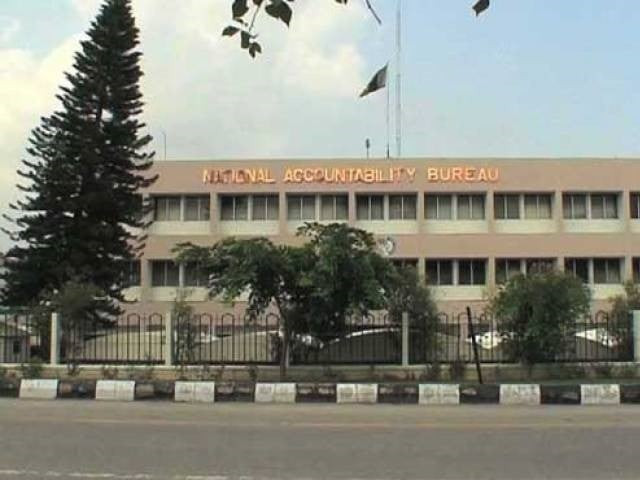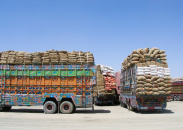NAB arrests ex-federal secretary in RPPs case
The former federal secretary was rounded up in a raid at his house in Islamabad

The former federal secretary was rounded up in a raid at his house in Islamabad. PHOTO: FILE
The former federal secretary was rounded up in a raid at his house in Islamabad.
Important documents were also seized from his residence.
Rafi was shifted to the NAB Rawalpindi office. He will be presented before an accountability court today (Saturday) where the graft buster would seek his physical remand.
‘NAB should consider merits of the case, not get involved in politics’
Rafi, who has also remained the chairman of the Pakistan Electric Power Company (Pepco), is among the main accused named in NAB references filed in connection with the Rs22 billion RPPS scam.
These power plants included the Turkish ship-mounted power plant Karkey and the Guddu Rental Power Plant project.
Rafi and others are accused of misusing authority by going ahead with the Guddu Rental Power Plant project without the approval of the Economic Coordination Committee of the cabinet.
They allegedly awarded a $72 million contract to the power company in violation of the public procurement rules and the Nepra Act.
An accountability court in Islamabad had recently handed over RPPs case suspect Laiq Ahmed Shaikh to NAB custody till April 22.
In 2012, the Supreme Court had directed NAB to proceed against all government functionaries including the ministers for water and power during whose tenure the RPPS were approved or set up, and the minister and finance secretary holding charge when down payment for the plants was increased from 7% to 14%.
Liaquat Jatoi and Raja Pervaiz Ashraf were water and power ministers in 2006 and 2008, respectively, while Shaukat Tareen was the finance minister in 2008, when the down payment was increased.
Of the 19 RPP deals signed initially, only nine were allowed to function after a damning Asian Development Bank evaluation report. Subsequently, six of those nine RPPs were discontinued.



















COMMENTS
Comments are moderated and generally will be posted if they are on-topic and not abusive.
For more information, please see our Comments FAQ